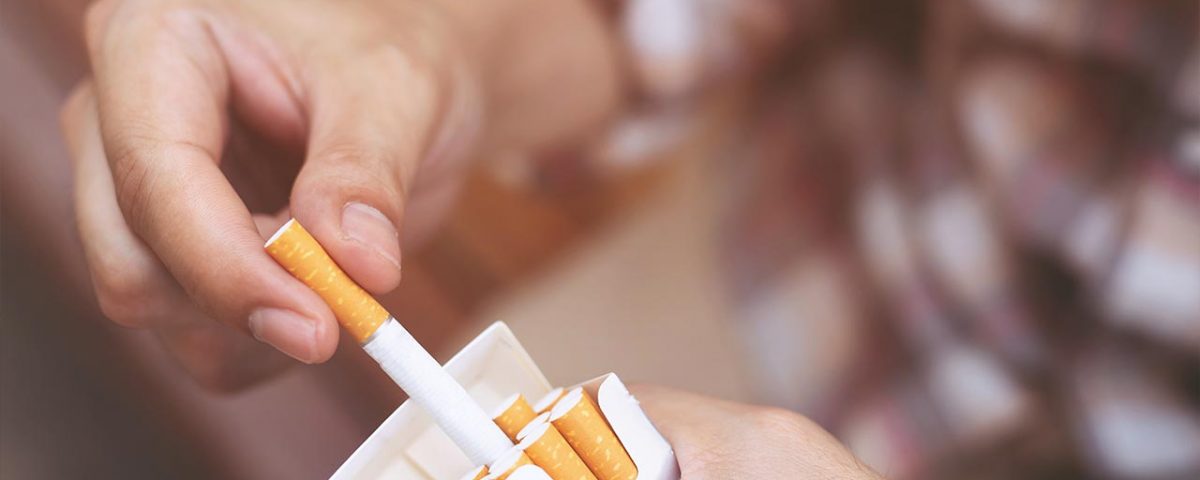To smoke or not to smoke? For many addicts going through treatment, that is the million-dollar question.
Our substance abuse treatment center in Chicago has worked with people who have chosen both routes; we have heard all of the arguments for and against smoking in recovery.
Smoking Cigarettes in Recovery
One study found that 71% of illicit drug users smoked a cigarette at least once in the past month.1 This number is much higher than in the average population, but for many of these people, addiction recovery is not about quitting smoking in recovery.While nicotine is an addictive drug, a lot of addicts looking for help are more concerned with their illicit drug and alcohol problems. Addiction recovery is a time of drastic lifestyle changes; many argue that smoking in recovery is the only thing they have left. Smoking can act as a security blanket for these people as many are convinced that relapse is certain if they tried to stop. Because many people smoke cigarettes when they are stressed, smoking can also offer some relief for many of these users as they try to cope with withdrawal symptoms and the stress of addiction recovery.
Quitting Smoking in Recovery
While some recovering addicts may be hesitant to stop, quitting smoking in recovery is the best option.Rehab should include layers of support, and what better time is there to quit smoking than when you are surrounded by support. While you can continue to attend meetings and support groups after treatment is complete, nothing will compare to the support you feel during your treatment programs. You have a community of people there for you along with the added bonus of a more sheltered and controlled environment.
Many people smoke to cope with stress or anxiety, but during recovery, people may come to rely on cigarettes too much. Instead of replacing their addiction with healthier habits, they lean on this unhealthy one. Because many addicts struggle with these poor coping skills, during treatment, patients are exposed to various types of therapies for addiction treatment that are meant to teach them healthier ways of handling their cravings. These same coping mechanisms can be applied when the addict is tempted to smoke. Because recovering addicts are actively practicing and strengthening these skills during treatment, it can be easier to extend these coping mechanisms to smoking during treatment.
Smoking is also horrible for your health. During addiction you are not only being treated for any health problems that your substance abuse may have caused, but you are also actively trying to build a healthier lifestyle. Because smoking is so bad for you, it can be holding your health back and preventing you from living the healthy life you are working toward.
At Banyan Chicago, we encourage all of our patients to join our quit smoking initiative and stop smoking while they are in treatment. You can leave treatment feeling completely free and accomplished. Smoking may not seem like a huge deal compared to a drug or alcohol addiction, but it is still an addiction that is hindering your healthy lifestyle.
Our Cook County PHP is here to guide you through the process and offer our support every step of the way. If you are still teetering on the idea of getting help for your addiction, the time is now.
To learn more about our different treatment programs or our admissions process, reach out to an admissions specialist at 888-280-4763.
Sources & References:









